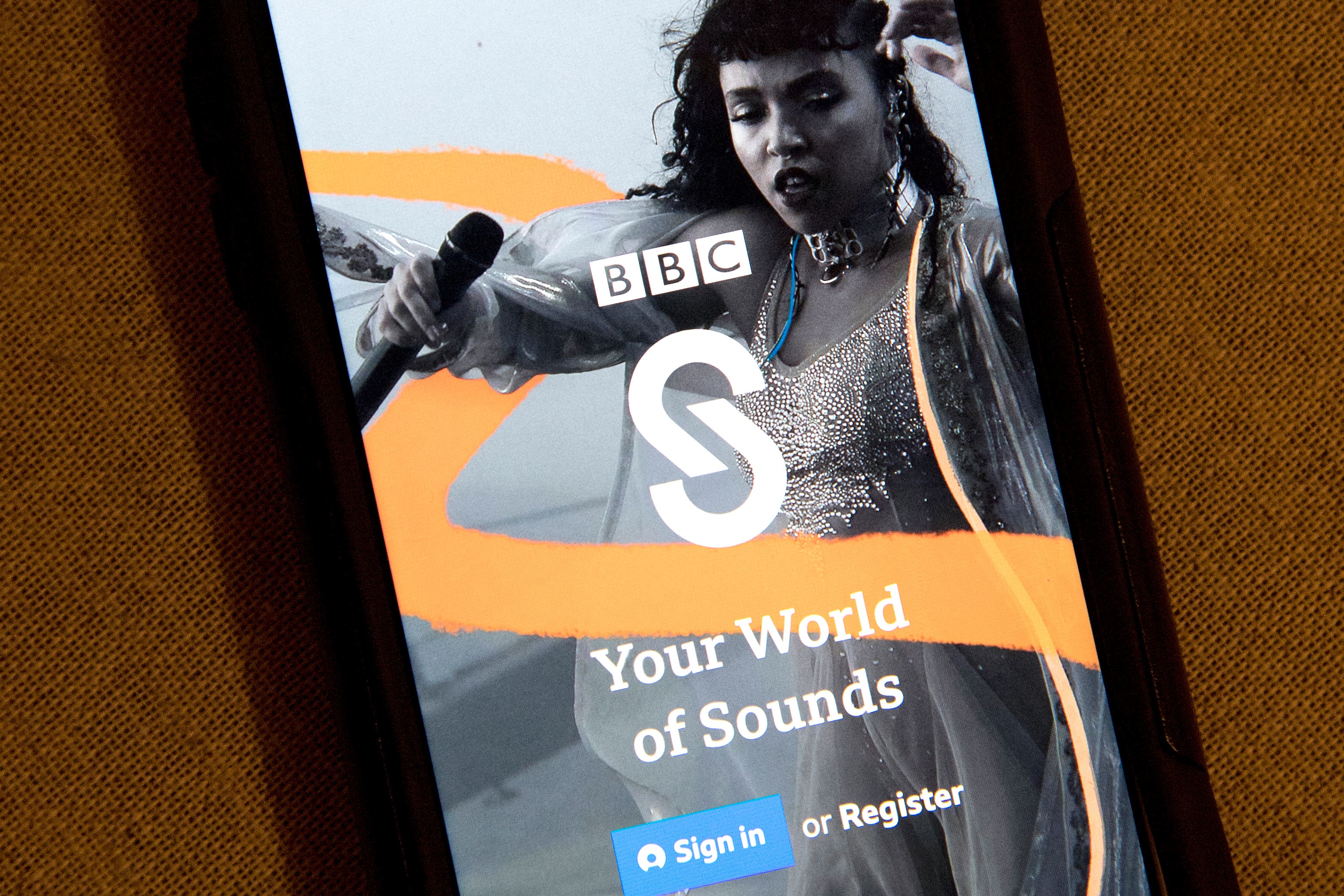BBC reveals Radio 2 ‘pop nostalgia’ spin-off plans after industry feedback
The new Radio 2 extension station plans to play songs from the 50s, 60s and 70s, with at least 6,000 unique tracks a year.

Your support helps us to tell the story
From reproductive rights to climate change to Big Tech, The Independent is on the ground when the story is developing. Whether it's investigating the financials of Elon Musk's pro-Trump PAC or producing our latest documentary, 'The A Word', which shines a light on the American women fighting for reproductive rights, we know how important it is to parse out the facts from the messaging.
At such a critical moment in US history, we need reporters on the ground. Your donation allows us to keep sending journalists to speak to both sides of the story.
The Independent is trusted by Americans across the entire political spectrum. And unlike many other quality news outlets, we choose not to lock Americans out of our reporting and analysis with paywalls. We believe quality journalism should be available to everyone, paid for by those who can afford it.
Your support makes all the difference.The BBC has revealed its revised plans for a proposed Radio 2 music extension and an extended Radio 5 Sports Extra following feedback from the industry and audiences.
Under the new proposal for the Radio 2 extension, which has been agreed by the BBC board before being sent to media regulator Ofcom, the BBC Sounds digital radio station will have 60% of the schedule using speech-led content.
Previously there was criticism from nostalgia station Boom Radio and industry body Radiocentre about the new service on BBC Sounds, before the corporation was asked by Ofcom to conduct market and audience analysis as part of a public interest test process.
The Radio 2 extension station was announced in February 2024 as a soundtrack of “pop nostalgia” from the 1950s to 1970s, drawing from work by “the people who shaped the cultural landscape at the time”.
Following responses, the latest proposals say it would have an increased volume of archive content, with 20% of the schedule drawing from the BBC’s archive of recorded songs, sessions and interviews.
The station plans to play songs from the 50s, 60s and 70s, with at least 6,000 unique tracks a year.
Radio 2 will also do more work with the BBC’s local and national radio stations, as well as commissioning content from independent producers across the UK.
The online station could include an archive show every weekday for three hours, a legends show every weekday for an hour, and a culture show every weekday for three hours.
It also plans to rebroadcast old episodes of Steve Wright’s former show Pick Of The Pops, which was also fronted by DJs Tony Blackburn and Alan “Fluff” Freeman and is currently presented by Mark Goodier after Gary Davies’ stint, as it celebrates its 70th birthday in October 2025.
Bob Harris’ Sound Of The 70s, originally presented by Johnnie Walker, and Sounds Of The 60s with Blackburn would also air on the station as well as Radio 2 under the proposals.
Lorna Clarke, BBC director of music, said: “Our music extensions allow us to support new music, showcase British talent, resurface performances from the BBC’s unrivalled archive, and help audiences discover a greater breadth and range of music than what’s available on the market.
“The continued growth of commercial radio and the global streamers have shown there’s room for multiple ways to bring genres and decades to life for audiences.
“Our plans are unique, with context, curation and storytelling done in a way only the BBC can do, meeting the evolving expectations of audiences and providing more choice to licence fee payers.”
New stations previously launched on BBC Sounds include Radio 1 Anthems, taken from the 2000s and 2010s, Radio 3 Unwind, which focuses on contemporary composers, and an expanded Radio 1 Dance, concentrating on UK artists from the genre.
Recent years have seen the growth of nostalgia radio stations, including Greatest Hits Radio following former BBC Radio 2 presenter Ken Bruce joining the commercial outfit.
Greatest Hits Radio had a 13% increase from the 6.6 million average a year ago, according to data from research body Rajar released in October.
The updated proposals also revise the BBC’s plans for Radio 5 Sports Extra to “mitigate the risk of any potential market impact” on commercial radio.
Currently, it is a part-time station with no fixed broadcasting hours, and when there is no live sports being broadcast, Radio 5 Sports Extra plays a marketing trial on a constant loop.
The proposals would see the station run from 9am to 7pm, instead of 6am to 10.30pm as had originally been planned, and removes the plans to simulcast wider Radio 5 Live content on Radio 5 Sports Extra that is not live sports commentary.
Heidi Dawson, controller of Radio 5 Live and Radio 5 Sports Extra, said: “Our plan for Radio 5 Sports Extra allows us to better cater to underserved audiences and help them discover more content we already make across the BBC, without any additional spend on our sports rights budget or hours of live coverage
“After conducting detailed analysis and receiving feedback from the audio industry, we have significantly reduced our plans to mitigate the potential impact on the market.”
The BBC hopes to make the new stations, and revised proposals for the Radio 2 extension and Radio 5 Sport Extra, available on digital radio, pending approval from Ofcom.